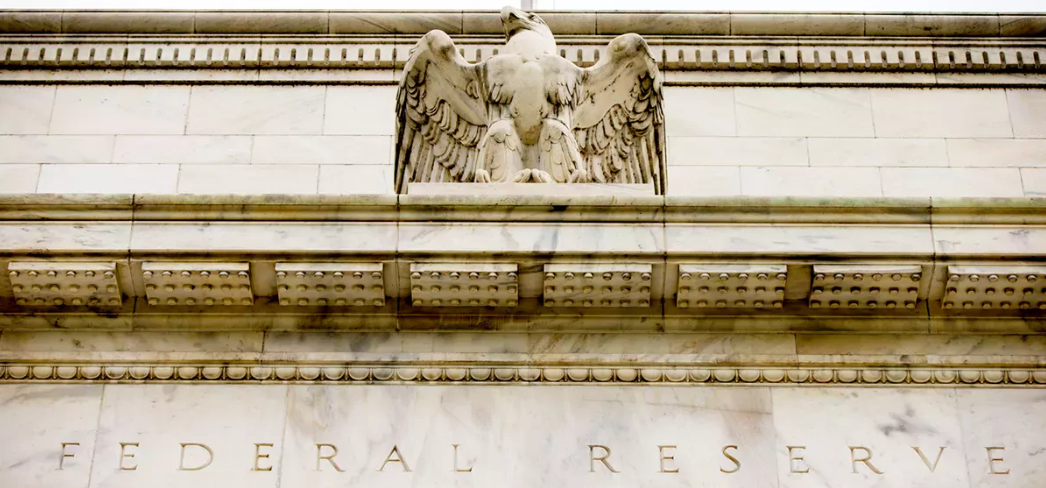
François Christen
Chief Economist
Recent macroeconomic indicators validate hopes of a “soft landing” for the USA.
Original article published in French on agefi.com

With a surge of optimism driving the S&P 500 index to a new high, bond markets are confidently awaiting the FOMC meeting on January 30 and 31. It seems certain that the Fed funds rate will be maintained between 5.25% and 5.5%, but the official statement and Jerome Powell’s remarks at the press conference should provide a clearer picture of the monetary authorities’ intentions regarding the path of interest rates and the modalities of “quantitative tightening”, which results from the non-reinvestment of maturing Treasury bonds and MBS.
Recent events put central bankers in a fairly comfortable position. GDP growth slowed slightly in the fourth quarter to 3.3% annualized. This robust expansion was largely driven by growth in both consumer and government spending, while growth in capital expenditure slowed markedly. Against all expectations, companies continued to accumulate inventories at a high pace for the second consecutive quarter, pointing to a slowdown in the first quarter of 2024.
Moderation in inflation should please central bankers. Price indices for the various GDP expenditure items point to a convincing slowdown. Moreover, the price index for personal consumption expenditure (PCE), excluding energy and food, posted an annualized rise of 2.0% in the third and fourth quarters of 2023. In other words, the Federal Reserve achieved its objective in the second half of 2023. Despite this step forward, the FOMC is likely to wait a little longer before celebrating the return of price stability and initiating the “pivot” that underpins investor optimism and the decline in bond yields.
In Europe, the meeting of the Board of Governors ended with a status quo and a relatively “neutral” message, devoid of any signs of a rapid interest rate cut. Christine Lagarde and her colleagues believe that growth prospects are clouded by downside risks. On the inflation front, the ECB is forecasting a further decline over the course of the year – a scenario tainted by risks in both directions, upwards and downwards. Like the Fed, the ECB is focusing on data, and in particular on the labor market and wage costs.
Economic indicators suggest a change of course, even if year-on-year inflation has yet to fall back to 2%. Eurozone PMIs show a persistent contraction in activity in both manufacturing (46.6 in January after 44.4 in December) and services (48.4 after 48.8). In Germany, the decline in the IFO business climate index (85.2 in January, the lowest since October) does not point to any recovery from the slight contraction in GDP endured in 2023. These developments suggest that the ECB is conducting a stubborn rearguard campaign against inflation, which entails recessionary risks. In the U.K., the Bank of England is also likely to hold firm to its positions until inflation starts to ease further.










